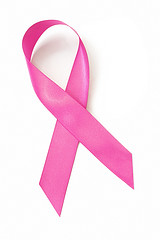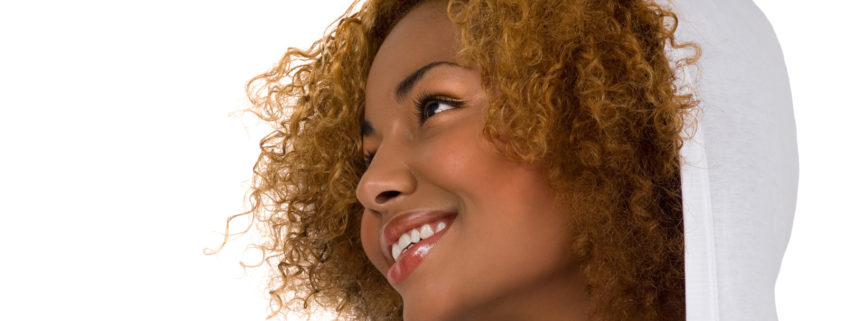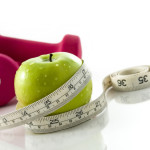Should You Get Annual Mammograms? Studies Spark More Debate with Mammography
 The controversy continues: Should women in their 40’s routinely get mammograms to screen for breast cancer? A recent article published in NPR’s Health Blog discusses two newly released studies that attempt to clarify the answer to this question. According to one study, women ages 40 to 49 with extremely dense breast tissue and a first degree relative with breast cancer were identified as having at least a 2-fold increase in risk for breast cancer. The study did not make specific recommendations for routine mammogram screening but suggested that identification of these risk factors may be helpful for women and doctors making decisions about preventative care.
The controversy continues: Should women in their 40’s routinely get mammograms to screen for breast cancer? A recent article published in NPR’s Health Blog discusses two newly released studies that attempt to clarify the answer to this question. According to one study, women ages 40 to 49 with extremely dense breast tissue and a first degree relative with breast cancer were identified as having at least a 2-fold increase in risk for breast cancer. The study did not make specific recommendations for routine mammogram screening but suggested that identification of these risk factors may be helpful for women and doctors making decisions about preventative care.
Regular mammograms for this age group is hotly debated. In 2009, the U.S. Preventative Services Task Force made recommendations against women in their 40s to get a mammogram every year or two. According to Dr. Michael L. LeFevre, a task force member from the University of Missouri School of Medicine, mammography may not be as important for women in their 40s:
“The benefit of mammography in the 40s is not as large as it is later in life and is not as large as most people assume it to be. And there are some harms associated with mammography.”
Those that are against regular screenings say that mammograms frighten women with false alarms, instigate repeated exams and unnecessary biopsies and some times women undergo unneeded surgery, radiation, and chemotherapy.
“Mammography may pick up small tumors that never would have progressed to harm them in their lifetimes,” said Jeanne Mandelblatt, an oncologist at Georgetown University. “Yet they’ll undergo treatment for breast cancer when that disease if it had been never detected would have never bothered the woman.”
Annual or biannual mammograms are recommended by the U.S. Preventative Task Force for women in their 50s because the risk for breast cancer is higher. Mandelblatt and her colleagues analyzed data from millions of women, mammograms, and breast cancer cases from dozens of published studies and huge databases to see if women in their 40s maintained the same level or risk as women in their 50s.
Published in the Annals of Internal Medicine, the researchers found that two types of women would benefit from regular mammograms in their 40s: those who have dense breasts, and those who have a close relative — a mother, sister or daughter — who had breast cancer. Because they are twice as likely to develop breast cancer than the average women, that risk makes it more beneficial to have regular mammography screening than to not.
Karla Kerlikowske of the University of California, San Francisco, who worked on the study said,
“If you’re a 40-year-old who’s at high risk of breast cancer then undergoing mammography every two years makes sense for that person. If you’re a 40-year-old person who’s at very low risk waiting til you’re 50 is reasonable.”
Still, the American Cancer Society recommends all women in their 40s get mammogram screenings every year. And Otis W. Brawley, the society’s chief medical officer, says he’s not ready to change that view.
“I don’t think we’re ready to actually have as a widespread policy that we would use these profiles to determine who should get screened and who should not get screened,” said Brawley, who wrote an entitled, Risk-Based Mammography Screening: An Effort to Maximize the Benefits and Minimize the Harms, that was published with the studies.
For now, doctors and their patients still need to make their own decisions weighing the pros and cons of mammograms for women in their 40s.
Source: NPR Health Blog: Studies Reignite Mammogram Debate for Middle-Aged Women




